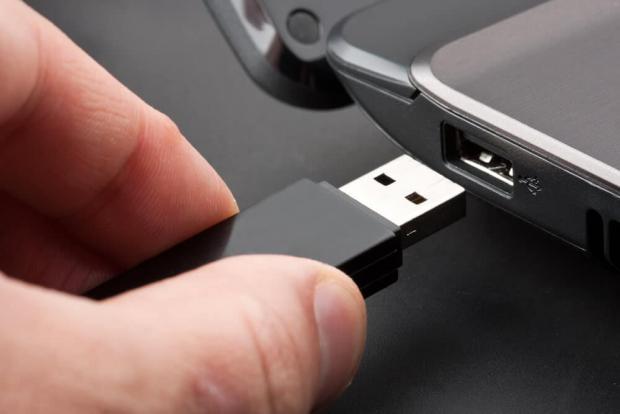
Breaking News
 Battleborn Batteries Responds! Their Overheating Device is a "Feature" not a "Problem
Battleborn Batteries Responds! Their Overheating Device is a "Feature" not a "Problem
 Actor Liam Neeson Outs Himself as MAHA After Narrating Pro-RFK Jr. Documentary Slamming...
Actor Liam Neeson Outs Himself as MAHA After Narrating Pro-RFK Jr. Documentary Slamming...
 Kyle Rittenhouse announced on social media Wednesday that he has tied the knot.
Kyle Rittenhouse announced on social media Wednesday that he has tied the knot.
 JUST IN: President Trump Grants Tina Peters Pardon
JUST IN: President Trump Grants Tina Peters Pardon
Top Tech News
 Build a Greenhouse HEATER that Lasts 10-15 DAYS!
Build a Greenhouse HEATER that Lasts 10-15 DAYS!
 Look at the genius idea he came up with using this tank that nobody wanted
Look at the genius idea he came up with using this tank that nobody wanted
 Latest Comet 3I Atlas Anomolies Like the Impossible 600,000 Mile Long Sunward Tail
Latest Comet 3I Atlas Anomolies Like the Impossible 600,000 Mile Long Sunward Tail
 Tesla Just Opened Its Biggest Supercharger Station Ever--And It's Powered By Solar And Batteries
Tesla Just Opened Its Biggest Supercharger Station Ever--And It's Powered By Solar And Batteries
 Your body already knows how to regrow limbs. We just haven't figured out how to turn it on yet.
Your body already knows how to regrow limbs. We just haven't figured out how to turn it on yet.
 We've wiretapped the gut-brain hotline to decode signals driving disease
We've wiretapped the gut-brain hotline to decode signals driving disease
 3D-printable concrete alternative hardens in three days, not four weeks
3D-printable concrete alternative hardens in three days, not four weeks
 Could satellite-beaming planes and airships make SpaceX's Starlink obsolete?
Could satellite-beaming planes and airships make SpaceX's Starlink obsolete?
Israel develops method for hacking air-gapped computers - no computer is safe now

Cybersecurity researchers from Ben-Gurion University of the Negev, Israel, came up with a very James Bond-esque way to steal sensitive files from air-gapped systems.
The method is dubbed RAMBO (short for Radiation of Air-gapped Memory Bus for Offense) because it abuses the target computer's RAM memory to steal data, taking advantage of the electromagnetic radiation the memory generates while operating.
An air-gapped system is disconnected from the wider network, and the internet. This is a (relatively) extreme measure reserved only for the most critical of systems, holding the most important data. So, even if a user inadvertently introduces a piece of malware (for example, via a compromised USB device), the malware would still have no way of transmitting the data to the outside world (other than copying the files directly onto the said USB, which is an entirely different beast).
Defending air-gapped systems
However, in this scenario, the malware would tamper with RAM components to allow for a recipient, which needs to be standing relatively close, to exfiltrate sensitive data.
The large caveat is still the fact that a person would need to stand relatively close. Another caveat is that the file transfer done this way is relatively slow. Don't expect to be stealing any large files or databases, since it takes more than two hours to download 1 megabyte of information (for the fossils among you - author included - that's slower than dial-up).
The method could still be used to steal keystrokes, passwords, or other data that doesn't take up too much space.
The best way to defend against these things is simply not to let people near valuable endpoints, the experts conclude.

 First totally synthetic human brain model has been realized
First totally synthetic human brain model has been realized Mach-23 potato gun to shoot satellites into space
Mach-23 potato gun to shoot satellites into space

